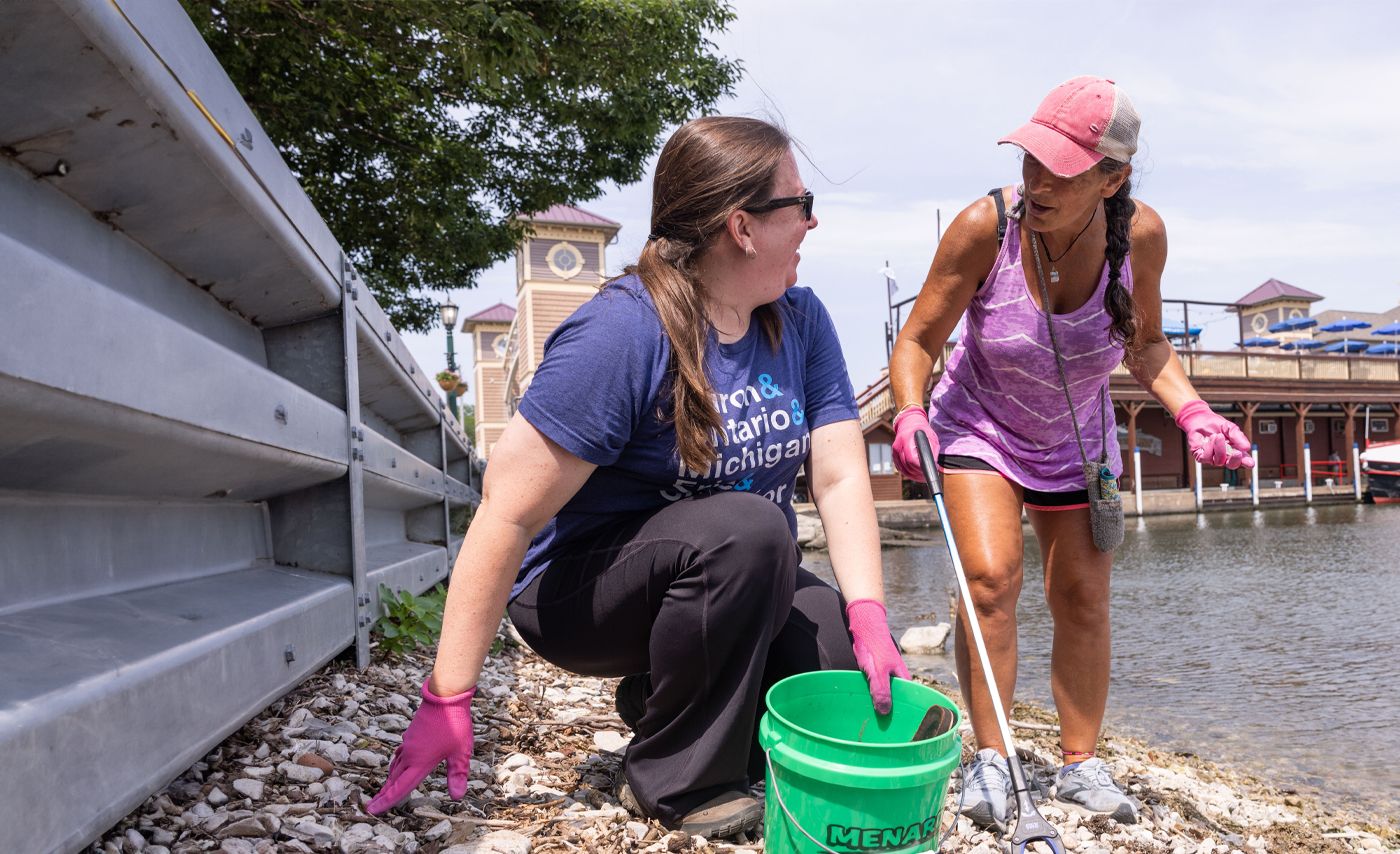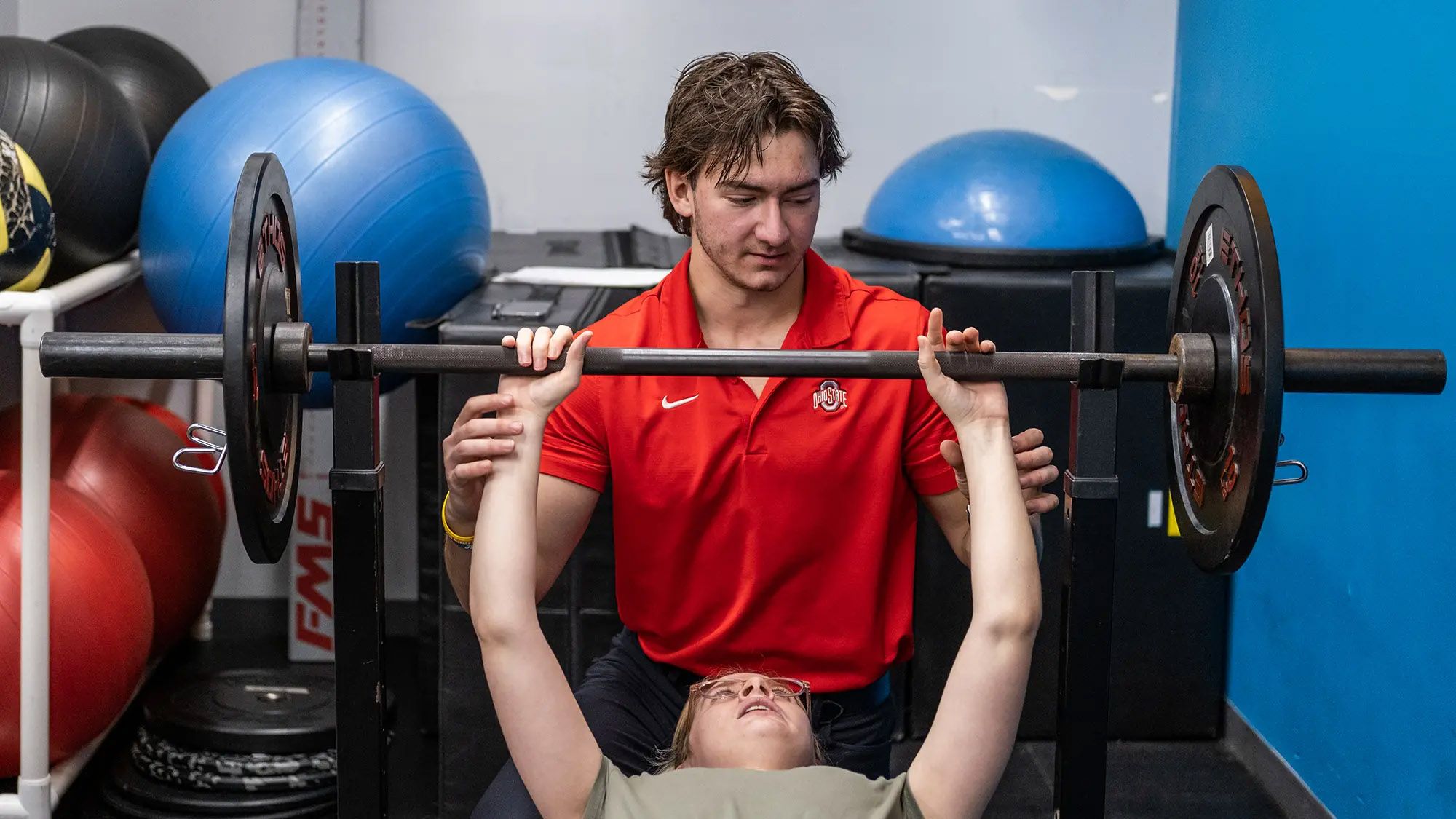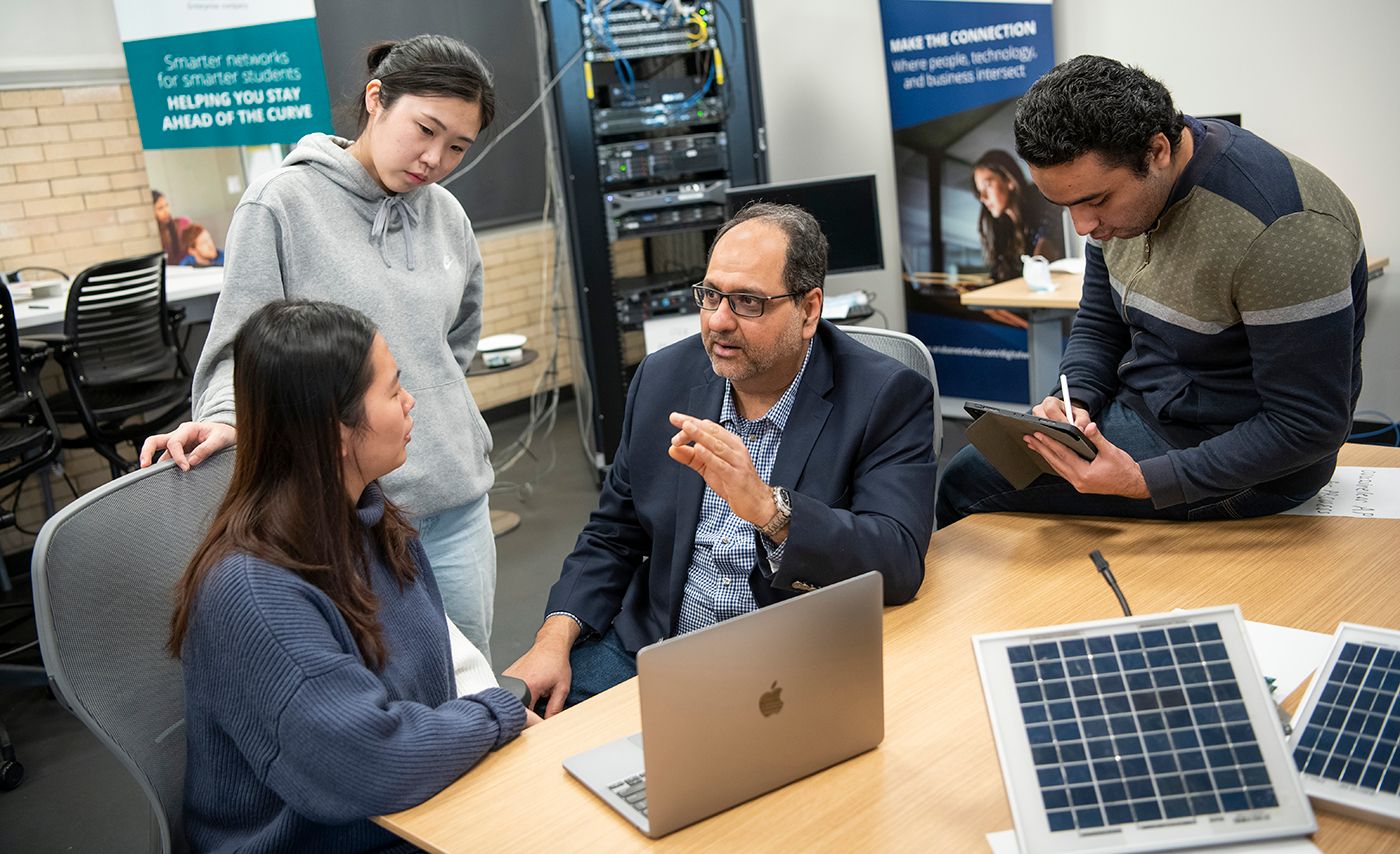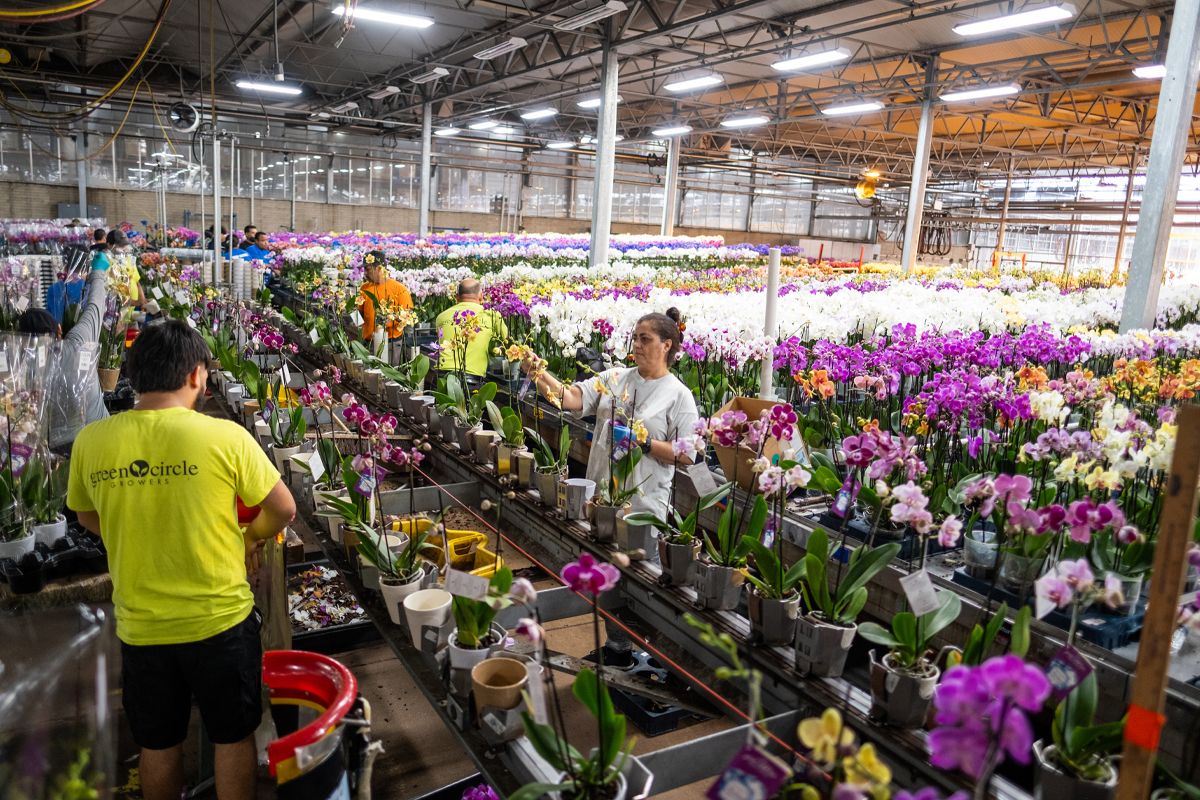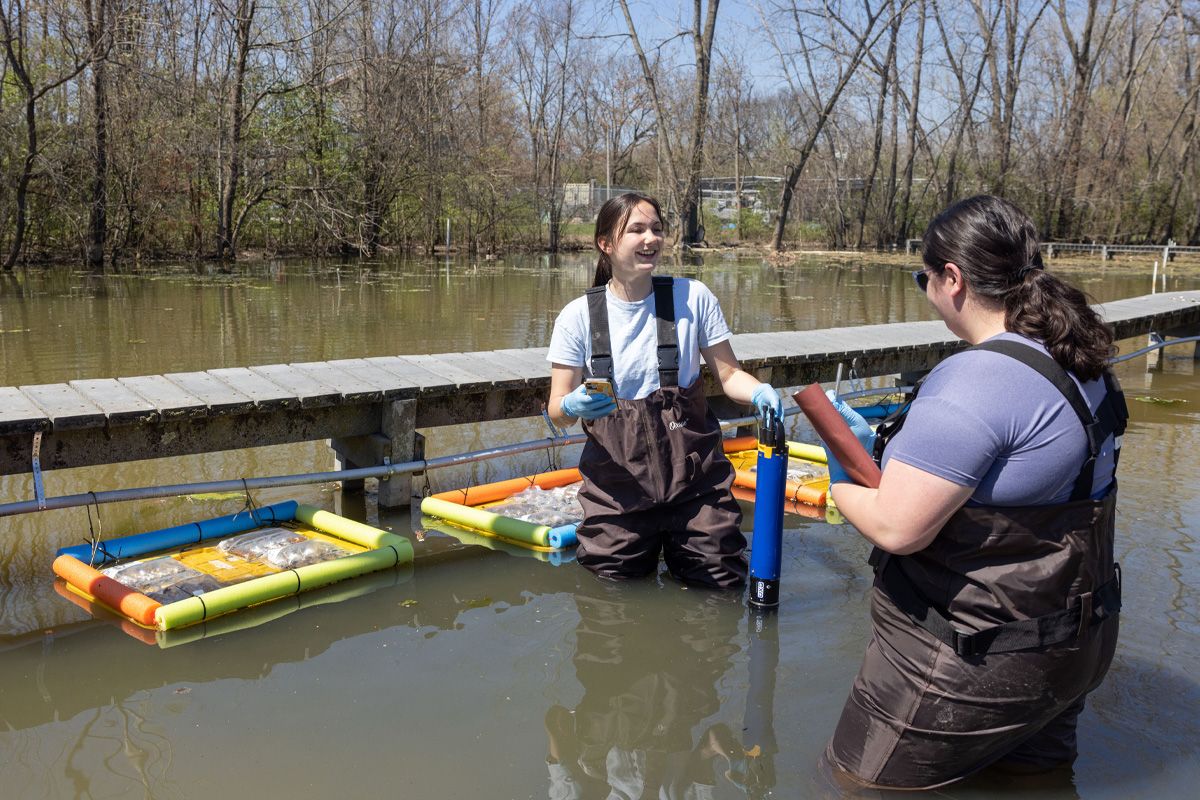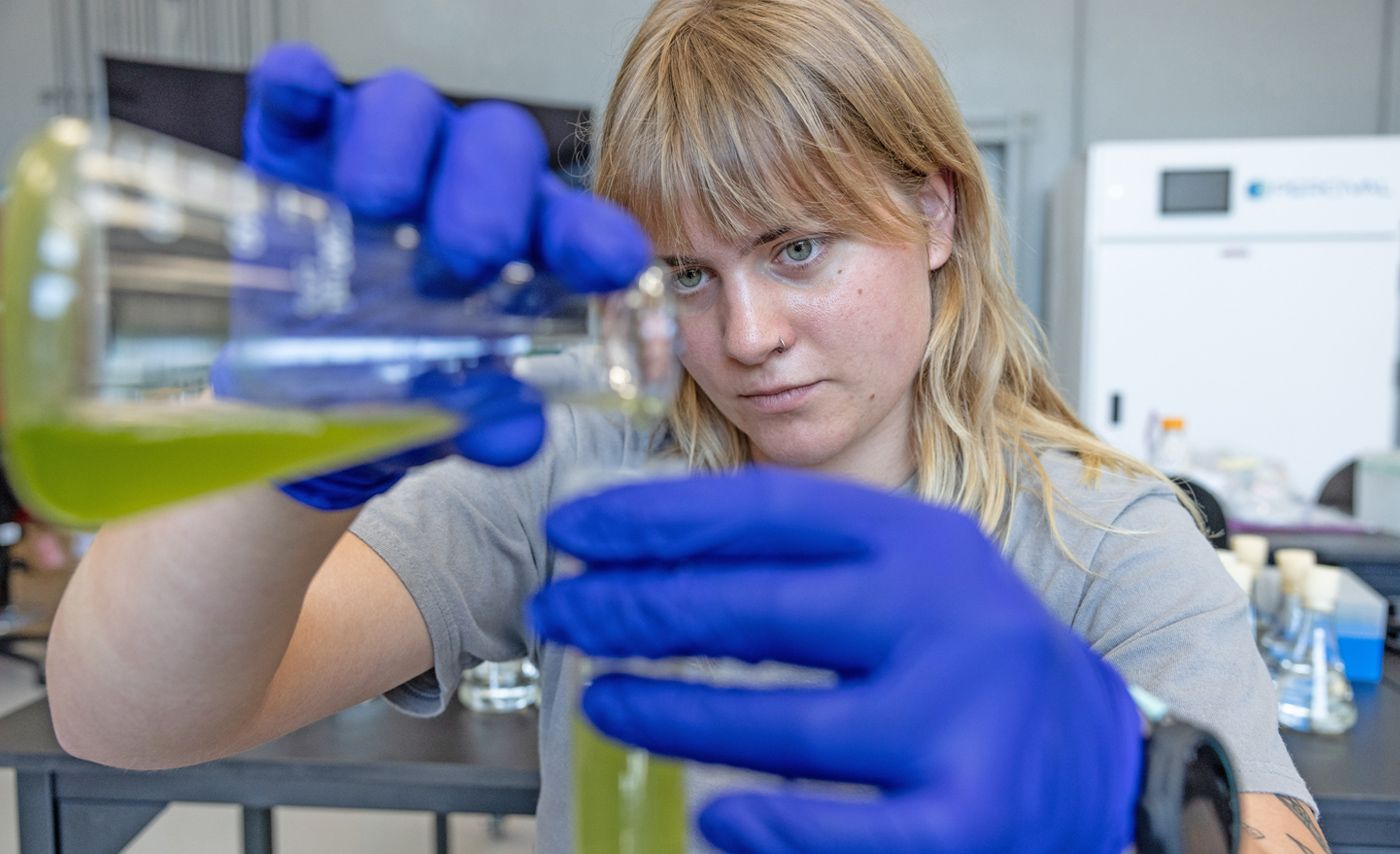Impact
Ohio State Impact

Young people on the autism spectrum often face barriers to communication and sense of connection. But with the help of Ohio State’s Shakespeare and Autism program, those barriers start to break down. Using the rhythm, language and playfulness of Shakespeare, this unique workshop helps kids build confidence, expression and community — all while simply celebrating who they are.
6-minute read
Ohio State Impact in all 88 counties
Ohio State is creating the solutions Ohioans need now, and its impact is found throughout all of Ohio's 88 counties. This work endures today across six campuses, a constellation of health care facilities, extension offices and agricultural research stations, supported by staff and students from every county.
Check out our county-by-county mapFeatured Stories
Now at Ohio State
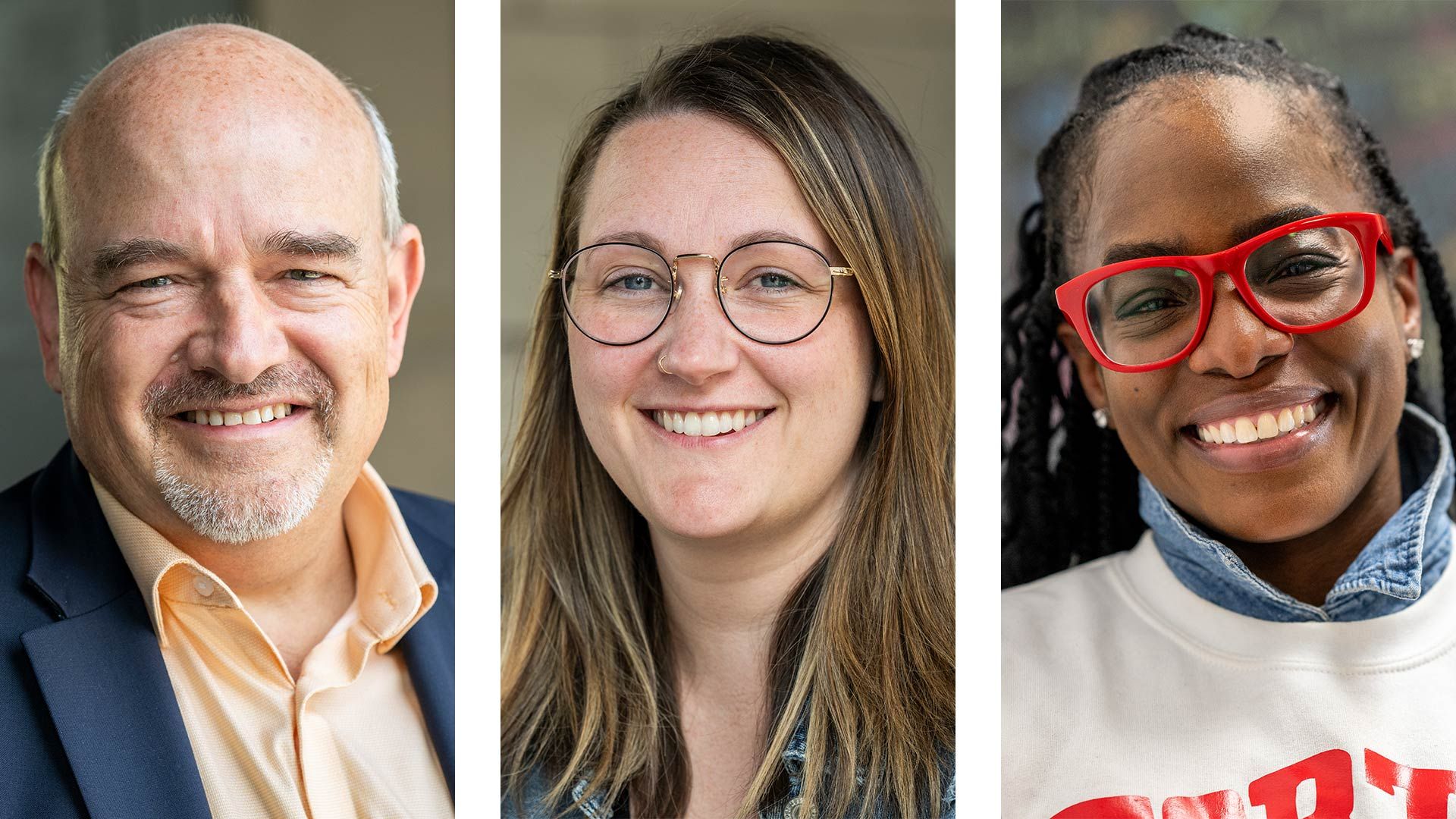
Episode 38
Having a criminal record can impact nearly every part of a person’s life. Obtaining housing, getting a job — you name it. In this episode, we talk with two Ohio State experts and one woman with lived experience about how criminal records create barriers — barriers that new programs and second chances are helping people overcome.
28-minute listen
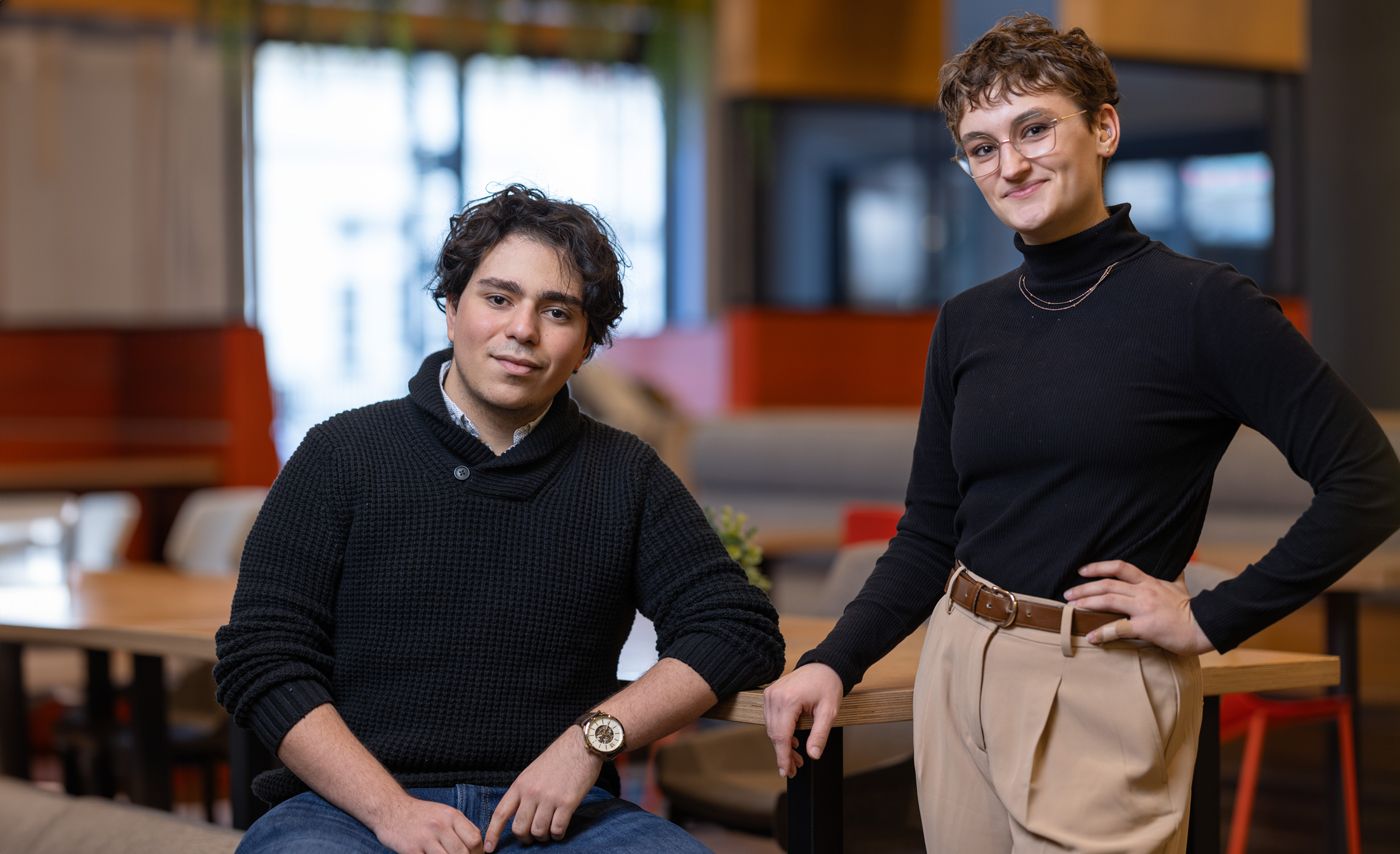
For many, navigating the tangled web of health care systems is a frustrating maze. From finding providers to scheduling appointments to gaining insurance authorization, it can feel impossible at times. An Ohio State sophomore and his team are tackling these problems — with the help of AI.
5-minute read

Sam Ratvasky and Alec Vanderbilt have become quite adept at engaging with heavy hitters from the academic and industry worlds. That’s because the Ohio State Mansfield seniors have had an abundance of practice due to their time in the engineering technology program.
6-minute read


